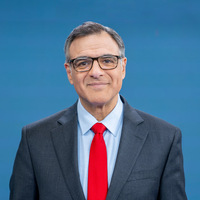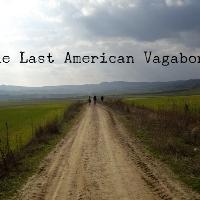The critical importance of whistleblowers
224 views
06/13/2024
There have been so many important whistleblowers over the years—big names like Daniel Ellsberg, Edward Snowden, Bradley Birkenfeld, Annie Machon, and Katherine Gunn, just to name a few—that you wouldn’t be wrong to think that official opinion, the opinion of governments, had changed so that these truthtellers would be protected for their revelations. But that’s not necessarily the case. Certainly, many countries have moved forward on whistleblower protection. The European Union immediately comes to mind. But the US and UK are not among them. In most cases, at least involving government whistleblowers, the US and UK cite national security as the reason for not welcoming new disclosures. And indeed, they use the Espionage Act and the Official Secrets Act, respectively, to prosecute whistleblowers. But why hasn’t more been done to protect private sector whistleblowers? Why do people who blow the whistle on waste, fraud, abuse, illegality, or threats to the public health or public safety at Big Pharma, in international banking, inside international conglomerates, and elsewhere still face the untampered wrath of their companies? Where are protections for these whistleblowers? On this episode of The Whistleblowers, John Kiriakou discuss the critical importance of whistleblowers with former whistleblower and whistleblower advocate Jane Turner.








You must be logged in to post wall comments. Please Login or Signup (free).